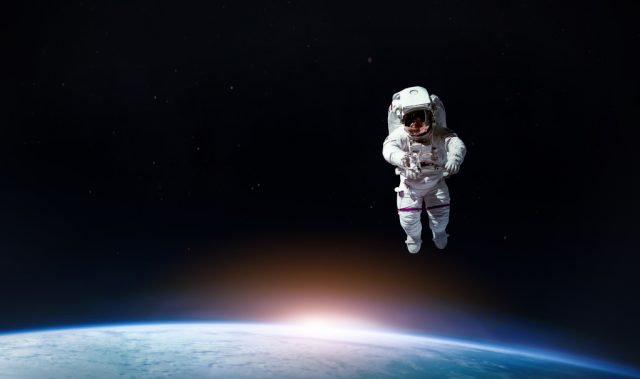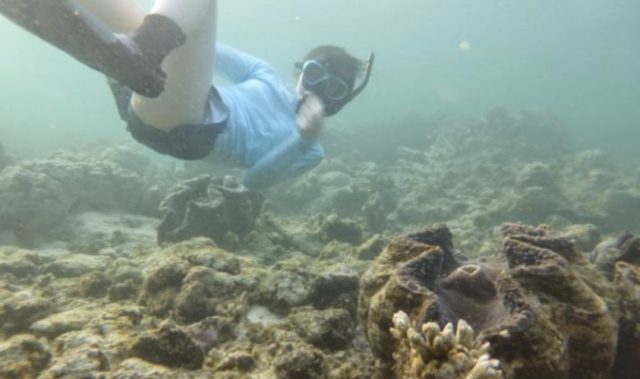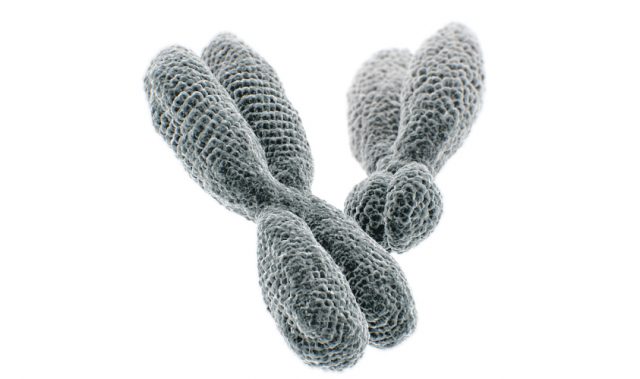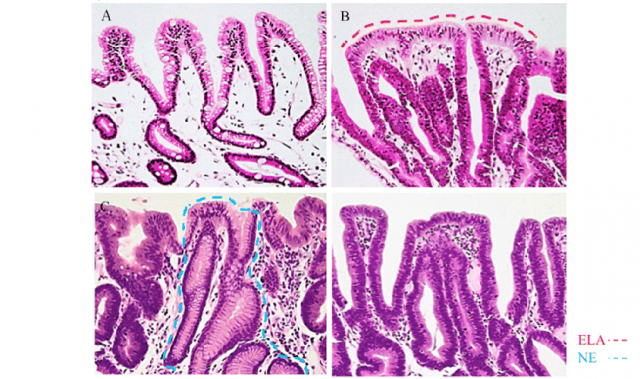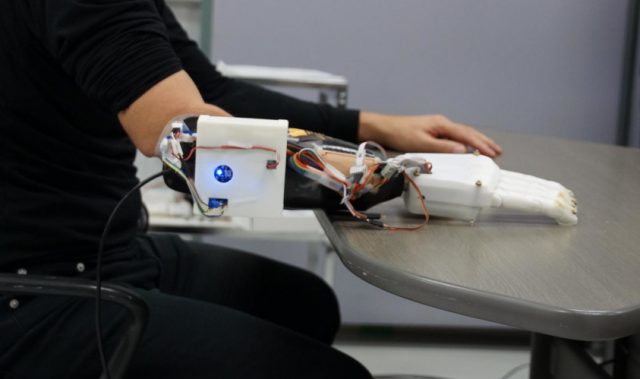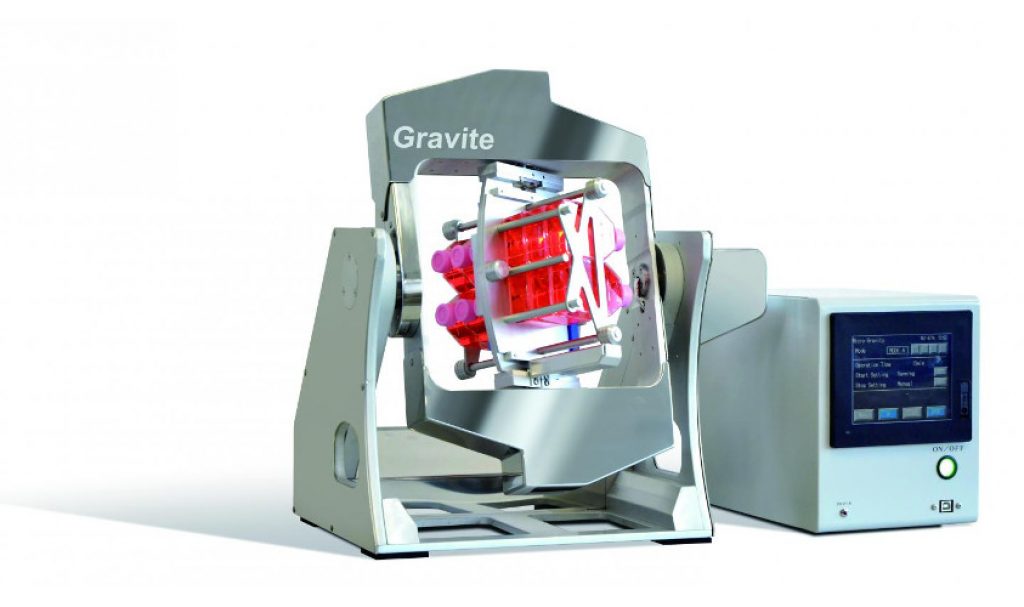
AsianScientist (Jun. 8, 2018) – Scientists at Hiroshima University in Japan have demonstrated that the underlying mechanism of muscle loss under space-like conditions is also prevalent in the presence of gravity. Their work is published in Microgravity.
Astronauts go through many physiological changes during their time in spaceflight, including lower muscle mass and slower muscle development. Similar symptoms can occur in the muscles of people on the Earth’s surface, especially during aging.
In this study, a medical research group at Hiroshima University led by Professor Louis Yuge grew cells inside of Gravite, a machine that simulates microgravity conditions experienced by astronauts during spaceflight. They compared the behavior of these cells to that of cells cultured at normal gravity.
They found that cells in microgravity exhibited less cell differentiation than their counterparts at normal gravity. The gene expression pattern of these cells was also altered.
The scientists were particularly interested in one gene—Myod1. Its expression levels were significantly lower in microgravity conditions. When the cells were treated with a drug that stopped DNA methylation, Myod1 expression was reduced as well, which suggests that DNA methylation is a key player in regulating muscle cell differentiation.
“These findings highlight genes affected by DNA methylation, like Myod1, as potential targets for treating patients with skeletal muscle atrophy,” said Yuge.
The team’s results are relevant to the study of muscle atrophy in astronauts. Additionally, the finding that DNA methylation controls cellular differentiation has further implications for stem cell or cancer research.
The article can be found at: Furukawa et al. (2018) Simulated Microgravity Attenuates Myogenic Differentiation via Epigenetic Regulations.
———
Source: Hiroshima University.
Disclaimer: This article does not necessarily reflect the views of AsianScientist or its staff.





